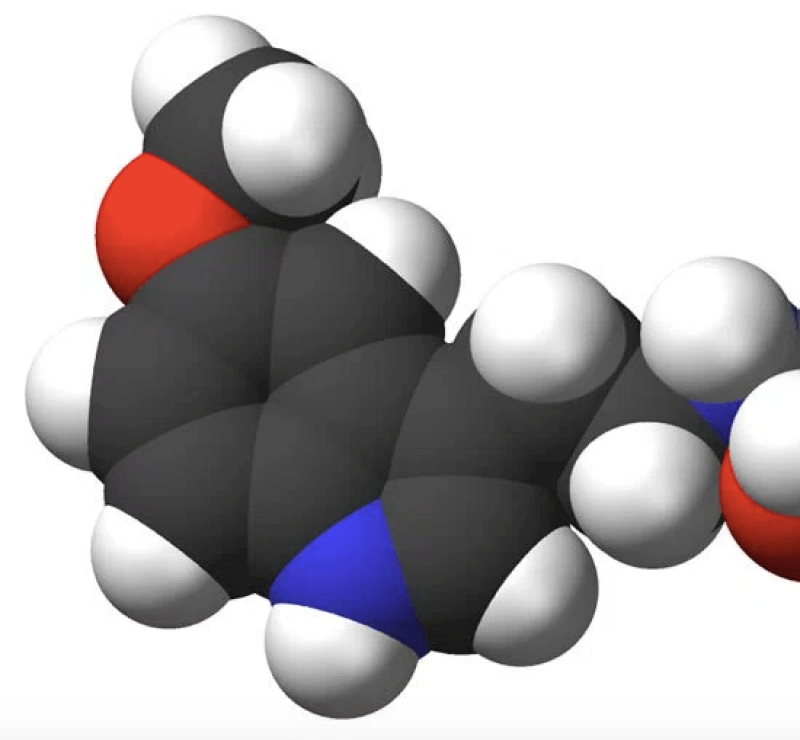The GLP aggregated and excerpted this blog/article to reflect the diversity of news, opinion and analysis.
Multiple sclerosis (MS) relapses are known to swing with the seasons. Scientists have attributed these fluctuations to the rise and fall of vitamin D production, which is triggered by exposure to seasonal sunlight. Now a new study suggests that melatonin, a hormone that regulates your internal body clock and sleep cycles, could also play a protective role.
MS is a disease of the central nervous system in which an abnormal immune response attacks the myelin sheath, or fatty protective layer, around neurons. The resulting degradation slows signaling between the brain and the rest of the body, potentially leading to a wide variety of symptoms that include weakness, vision problems and cognitive changes. The condition may affect as many as 2.3 million people worldwide. The cause of the disease remains unknown, although researchers have started to identify genetic risks and environmental factors, including smoking, viral infections and vitamin D levels in the bloodstream.
The latest environmental influence, observed by Mauricio Farez, a neuroscientist at the Raúl Carrea Institute for Neurological Research, and colleagues could involve peak melatonin levels in the body, which occur during the darker months.
Past research has shown that melatonin can have a protective effect against MS and that shift work, which disturbs melatonin production, can increase the risk of developing the disease. According to the authors, this research is one of the first to bring together epidemiological evidence with results from both human cells and animal models.
Read full, original post: Melatonin Linked to Seasonal Relapses of Multiple Sclerosis































